How becoming a minimalist can change your life
Discover how to become a minimalist and learn how financial minimalism can reshape your life.
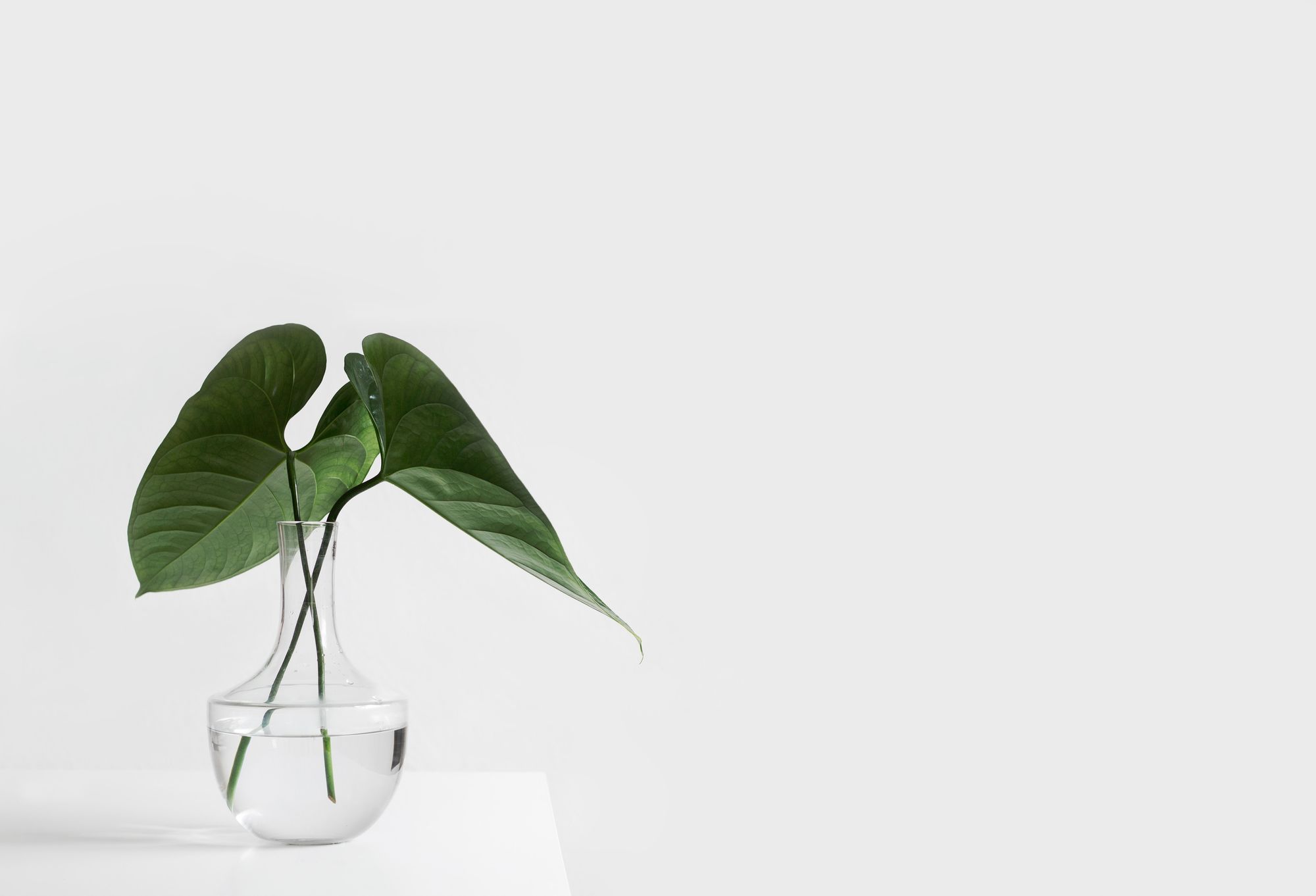
Introduction
We live in a frantic society that shows no signs of slowing down. Buying more, spending more and owning more are the markers of success. How does this match up to the fact that people seem to be more unhappy than ever? We own more than ever, but feel emptier. We tell ourselves, if only we had that extra thing, then maybe life would feel balanced. This leads us to spend more than we have, and it gets in the way of having a financially successful life.
The truth is that owning more stuff doesn't = happiness. This is hard to grasp, especially when we are constantly shown a version of our life by the media that includes more. If this resonates with you, then living a minimalist lifestyle is just what you need.

What is Financial Minimalism?
Financial Minimalism is a lifestyle and mindset that actively reduces the focus on the stuff we own. It simplifies our finances by making us focus on what is important, and what will bring happiness. The key is to give up the power that spending money has over you and your life.
It is rooted in the belief that experiences and relationships are what deliver true fulfilment in life and not the stuff that we own. It is recognising that influences such as marketing and the media are driving us to constantly impulse spend. This isn't a sustainable way to live. It is empty. At its core, to live a minimalist lifestyle means to align your spending decisions with your values and priorities in life.
What are the benefits of being a minimalist?
I view financial minimalism as freedom. Freedom to take control over your money mindset and how you want to live your life.
Here are some of the benefits of a minimalist life:
Getting off the treadmill
You can free yourself from the never ending race for more and more stuff. You don't need to have the newest smart phone. You don't need the latest fashion. You don't need to have the best car on the street. Ditching this constant drive for more, allows you to breath a sigh of relief. When was the last time that new shiny object actually brought a sustained feeling of fulfilment? Instead you can redirect this energy and money towards experiences that truly bring happiness. It could be learning a new skill or going for a nice hike with a loved one. Totally up to you to decide what your values and priorities are.
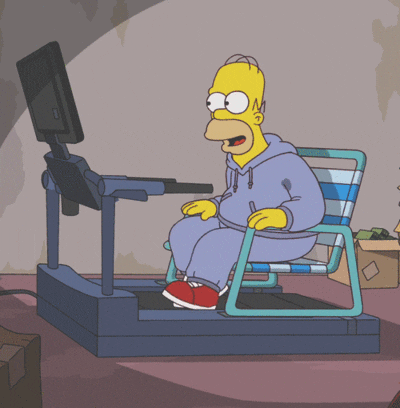
"Minimalism is rooted in the belief that experiences and relationships are what deliver true fulfilment in life and not the stuff that we own."
Financial wellness
Guess what? If you buy less crap you don't need, your spend less money. If you spend less money, you can save more. Saving more money brings an overall feeling of security that can significantly reduce your stress. Maybe you need to pay down your debts or build an emergency fund. Whatever the goal, living simpler can really speed up the process.
Feeling contentment
When we stop telling ourselves we need more, and start realising we have enough, we create a sense of contentment in our lives. Not only that, but we begin to become grateful for what we do have and not spend our time feeling resentment for what we don't. This leads to a happier and more well rounded mental state in our day to day life. We no longer need to feel jealous with what someone else has, because we are truly happy with our lot.
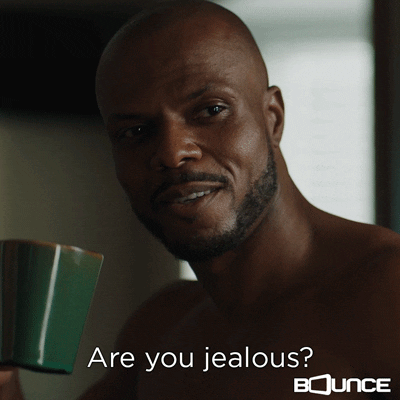
Positive for the environment
Buying less stuff to clog up our homes, means we reduce our carbon footprint. Not buying into the consumerist lifestyle allows you to make decisions that are truly better for the environment and your wallet.
An intentional way of life
Minimalism teaches us to question what we buy. Do I need this? Will this make my life truly better? Is there something else I could spend this money on that would be more fulfilling? In doing so our spending becomes intentional and not a mindless habit. This drastically reduces our day to day spending, and promotes a feeling of control over our finances.
How to get started with Minimalism?
When starting out you need to be aware that you will be dealing with a lot of introspection. This means analysing your thinking and behaviour and challenging it. You need to be willing to really challenge the norms in society, to make a lasting change to your mindset. You can unlock a level of happiness and financial freedom you didn't think was possible.
Here are some steps to get you going:
Look at your spending
It is time to declutter. Get looking at your bank statements and subscriptions and trim out anything that is dead weight and no longer serving a purpose. Ask yourself tough questions. Do I need this? Has this served me? When was the last time I actually used this service? Be ruthless, and you will begin to feel a weight lifting.
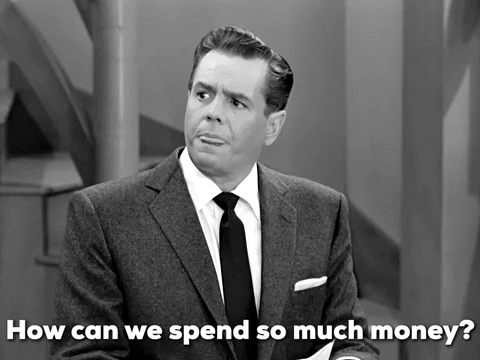
Be frugal and be happy
Yikes, the dreaded frugal word. Will I be eating gruel till the end of time? Relax, frugality doesn't have to mean depriving yourself. In fact, if you deprive yourself too much it isn't sustainable. It is about being intentional with your spending, and finding joy in doing things yourself. Feel good about that charity shop buy, you saved £40 over those other suckers! Why pay a painter to do that room when you could learn to paint on Youtube? Always ask yourself, is this the best use of my money. The beauty is, you free up money for experiences!
Declutter your house
Ok, there is nothing that will refresh you like a big house declutter. It also acts as a symbolise for your new approach to life. Walk around each room and with each object really ask yourself what purpose it serves. If it doesn't serve a purpose, get it on the pile to sell. Once you have completed this exercise, you will wonder why you had all that stuff in the first place.
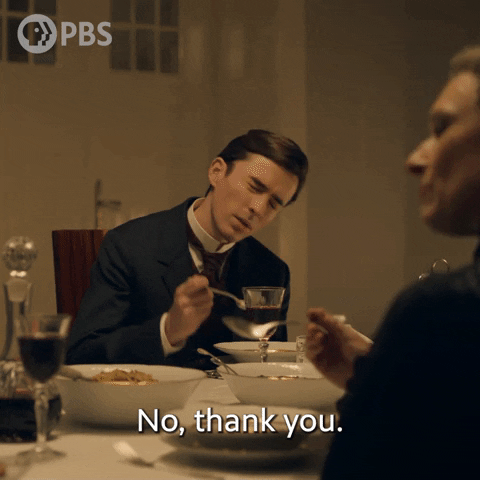
Conclusion
This is a big change, and is not a one time fad. It requires regular checking in with yourself, and being totally honest. You will fail sometimes and buy stuff you wish you hadn't. Remember to be kind to yourself and reflect on why it happened. Also, every lifestyle isn't for every person. If you try it and decide it isn't for you then that is cool too. The key is to find a method that works for you in controlling your money habits.